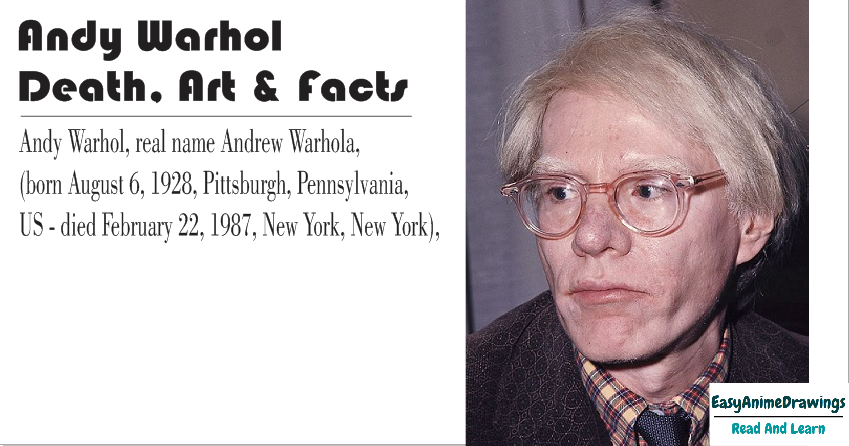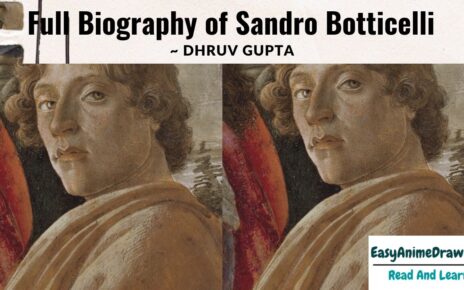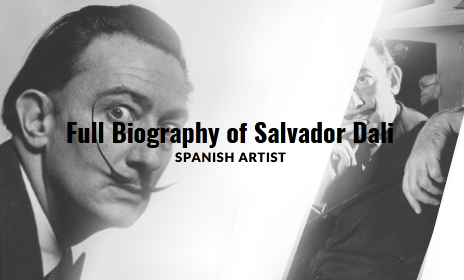Andy Warhol
American Artist

Andy Warhol, real name Andrew Warhola, (born August 6, 1928, Pittsburgh, Pennsylvania, US – died February 22, 1987, New York, New York), American singer and filmmaker, founder and a leading supporter of the Pop art movement of. By the 1960s, their mass-produced artefacts removed what was thought to be a ban on US commercial culture. As a self-aware person, he expressed the view of an artist as an impersonal, or impersonal, and successful celebrity, businessman, and social activist.
An image of a Vulcan salute hand gesture loved by the character Mr Spock in the first Star Trek TV series often accompanied by the words lives long and prosperous.
You may not know Homer and Bart, but how many Simpsons characters can you name? What planet does Spock come from? Test your knowledge of all the assumptions in this character study.
The son of a Ruthenian (Rusyn) immigrant from what is now eastern Slovakia, Warhol graduated in 1949 from the Carnegie Institute of Technology (now Carnegie Mellon University), Pittsburgh, with a degree in graphic design. He then moved to New York City, where he worked as a commercial photographer for about ten years.
Warhol began painting in the late 1950s and suddenly became famous in 1962. He exhibited paintings of Campbell’s soup cans, bottles of Coca-Cola, and wooden models of Brillo soap paper boxes. In 1963 he mass-produced these deliberately banned consumer goods using silkscreen images and then began to print an endless variety of celebrity portraits in vivid colours.
The silkscreen style was a perfect fit for Warhol. The duplicate image was reduced to an unmistakable and unmistakable cultural icon that presumably reflected the vanity of American material culture and the artist’s lack of emotional involvement with the work of his art. Warhol’s work has put him at the forefront of the emerging Pop art movement in America.
Andy Warhol: Drawings of Campbell’s Soup Cans
Campbell’s Soup Cans, polymer paint on canvas by Andy Warhol, 1962; five selections are displayed in Museumsquartier, Vienna.
As the 1960s progressed, Warhol devoted much of his energy to filmmaking. Often regarded as underground films, her animated films such as The Chelsea Girls (1966), Eat (1963), My Hustler (1965), and Blue Movie (1969) are known for their lies, senseless boredom, and excessive length (up to 25 hours). Other films include Poor Little Rich Girl (1965) and Lupe (1966), starring Edie Sedgwick.
In 1968 Warhol was shot and killed by Valerie Solanas, one of a group of underground film stars and rock stars, various hangers, and the public interest who often visited his studio, known as Factory. (The scene is set in the 1996 film I Shot Andy Warhol.)
By this time, Warhol was a well-known actor in fashion and avant-garde and was an influential celebrity himself.
Throughout the 1970s until his death, he continued to produce prints depicting political and Hollywood celebrities and was involved in numerous advertising and other commercial works of art.
His philosophy of Andy Warhol (1975) was followed by the Portraits of the Seventies and Andy Warhol’s Exposures (both 1979). Warhol’s work is on display at the Andy Warhol Museum in Pittsburgh. In his will, the artist decreed that all his property should be used as a basis for “the development of the visual arts.” The Andy Warhol Foundation for the Visual Arts was established in 1987.






гѓ—гѓ¬гѓ‰гѓ‹гѓійЂљиІ©гЃЉгЃ™гЃ™г‚Ѓ – г‚ўг‚ёг‚№гѓгѓћг‚¤г‚·гѓійЂљиІ© г‚ўг‚ёг‚№гѓгѓћг‚¤г‚·гѓігЃ®йЈІгЃїж–№гЃЁеЉ№жћњ